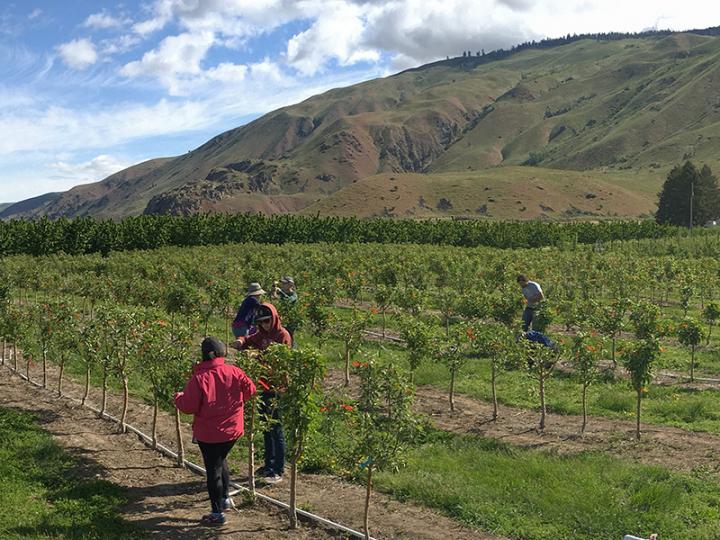
Credit: Sarah Kostick
The majority of today’s plant-based food is a product of plant breeding. U.S. public plant breed-ing programs often focus on crops that are important to society but may be less profitable than crops that drive the bottom line for large businesses. Studies over recent decades have reported a reduction in capacity of such programs.
A survey of 278 public sector plant breeding programs in 44 U.S. states, led by the U.S. Plant Breeding Coordinating Committee, was reported recently in an article published in Crop Sci-ence.
Programs reported significantly declining personnel hours, with many reporting that budget shortfalls or uncertainty “endangered or severely constrained” their ability to support key per-sonnel, infrastructure and operations, and access to technology. Graduate student and postdoc positions were typically the most at risk, impacting the pipeline of future breeders into both public and private sectors. Almost half of program leaders were nearing retirement age.
Public plant breeding programs are at risk of disappearing without reinvigorated, stable, long-term access to funding, technology, knowledge, and expertise. If the trajectory of declining budgets and reduced staffing and expertise in public plant breeding continues, U.S. plant breed-ing capacity as a whole (both public and private) and, more broadly, U.S. food security, natural resource resilience, and public health will erode.
Adapted from Coe, MT, Evans, KM, Gasic, K, Main, D. Plant breeding capacity in U.S. public institutions. Crop Science. 2020; 1- 13.
###
Media Contact
Rachel Schutte
[email protected]
Related Journal Article
http://dx.




